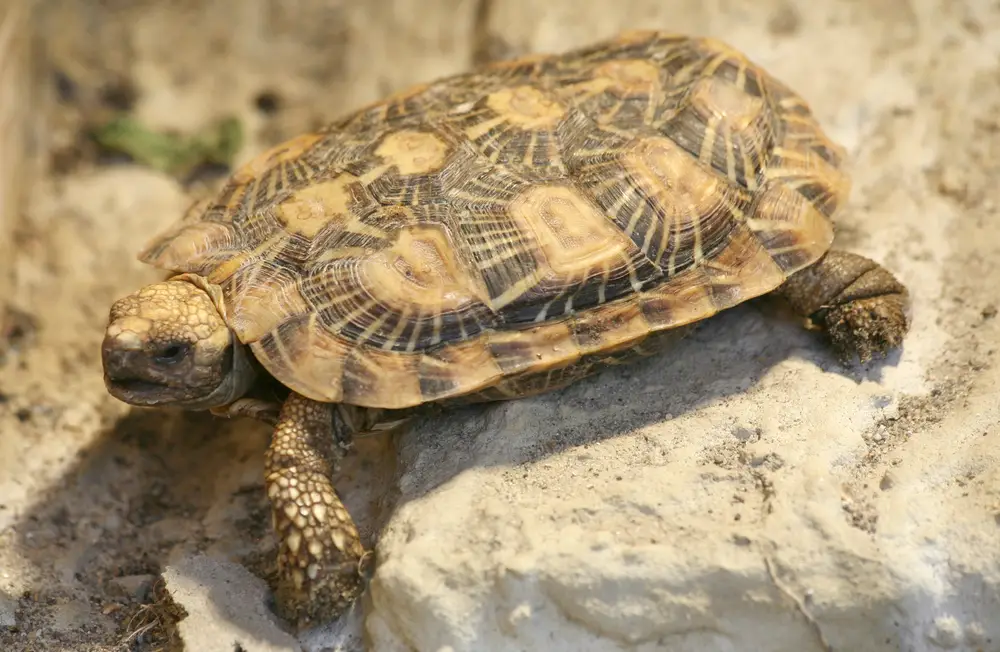If you are lucky enough to own a pancake tortoise, you may wonder what the best diet for this unique reptile is. Pancake tortoises are herbivores, and their diet should consist mainly of fresh fruits and vegetables. In this blog post, we will discuss the dietary needs of the pancake tortoise in detail. We will also provide a list of some of the best foods to feed your pet pancake tortoise.
Pancake tortoises are primarily herbivorous, dining on grasses, weeds, flowers, and fruits, such as dandelions, thistles, and hibiscus.
A healthy diet for a pancake tortoise should consist mainly of fresh fruits and vegetables. Various colors and types of fruits and vegetables will give your pet the nutrients they need to stay healthy. Some of the best fruits and vegetables to feed your pancake tortoise include:
- Dark leafy greens such as kale, collard greens, and Swiss chard
- Brightly colored vegetables such as carrots, sweet potatoes, and red bell peppers
- Fresh fruits such as apples, bananas, and berries
In addition to fresh fruits and vegetables, you can offer your pancake tortoise various types of pellets and hay.
These should make up a small part of their diet, as they are not as nutrient-rich as fresh produce.
Things to remember
When feeding your pancake tortoise, it is essential to remember that they are slow eaters.
Offer them small amounts of food at once, and remove any uneaten food after a few hours. This will help prevent your pet from becoming overweight or obese.
If you have any questions about the diet of the pancake tortoise, be sure to consult with a veterinarian who is familiar with this unique reptile.
It would help if you also offered your pancake tortoise various food to keep them interested in their meals.
Try chopping the fruits and vegetables into different shapes or adding some chopped herbs for flavor. You can also offer your pancake tortoise commercial tortoise food pellets, but these should only make up a small part of their diet.
Final Thoughts
In the wild, tortoises also consume small amounts of animal matter, such as insects and snails.
Be sure to avoid giving your tortoise any foods high in oxalates or calcium, as these can cause health problems.
When in doubt, consult with a reptile veterinarian to ensure your tortoise gets all the nutrients it needs to stay healthy and happy.




